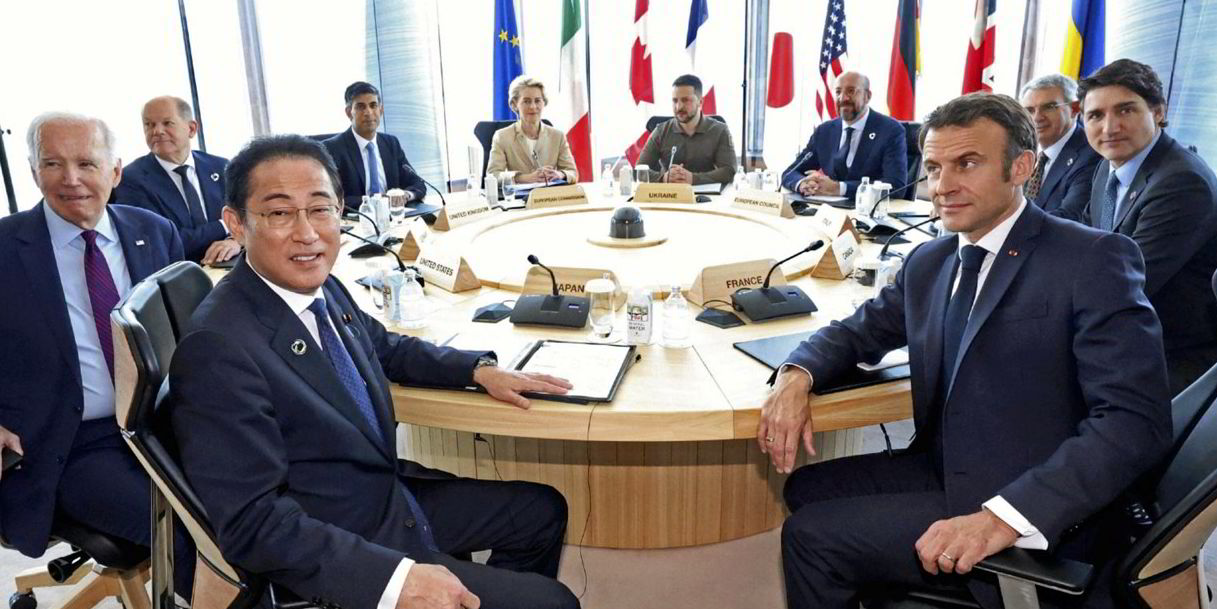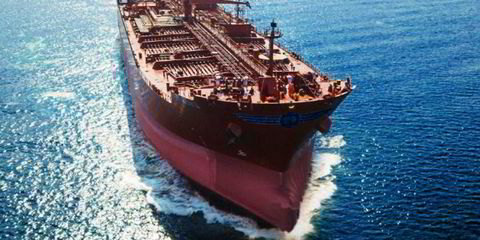A new round of sanctions on Russia threatens to punish the legitimate shipping industry without achieving its strategic goals, according to a key player in the Lloyd’s insurance market.
The European Union is discussing its 11th package of sanctions, which officials said will focus on tackling evasion of existing rules.
Based on evidence since the start of the war in Ukraine, any new measures against shipping are “unlikely to move the strategic dial”, said Neil Roberts, head of marine & aviation at Lloyd’s Market Association, a trade group that provides lobbying and technical services.
But he warned that they would “sink further teeth into the hand that feeds, meaning the world’s legitimate floating supply system”.
He added: “The maritime sector, caught in the middle of a cat’s cradle of complexities, is only so resilient and would dearly like to be reassured there is a Plan B.”
In a LinkedIn post, Roberts cited Gatik Ship Management, a Mumbai-based company that has emerged as the biggest new owner of shadow fleet tankers involved in hauling Russian oil.
TradeWinds reported last week that Gatik had shuffled its ownership structures after losing Western insurance and flag cover amid suspicions that it was moving oil above the G7 price cap. But Roberts said Indian insurers quickly filled the gap.
European shipping interests can supply tonnage for hauling Russian oil only if crude is sold below a price cap of $60 per barrel, or $100 and $45 per barrel for different oil products.
Roberts said the emergence of a grey fleet has diluted Western efforts to limit Moscow’s profits from its fossil fuel sales. Analysts have put the size of the fleet hauling Russian oil at 400 to 600 vessels.
Russia’s willing buyers
Russian exports reached a post-invasion high in April, although revenues were 27% down on a year earlier, according to the International Energy Agency. “Russia seems to have few problems finding willing buyers for its crude and oil products,” it said.
India and China have been the biggest buyers of Russian crude after rejecting efforts to join the G7 price cap.
“Dealing with aggression through the single relative laziness of sanctions would perhaps succeed if international support were total,” said Roberts.
“As that is not the case, reliance on sanctions is similarly likely to generate different problems, expanding over time.”





